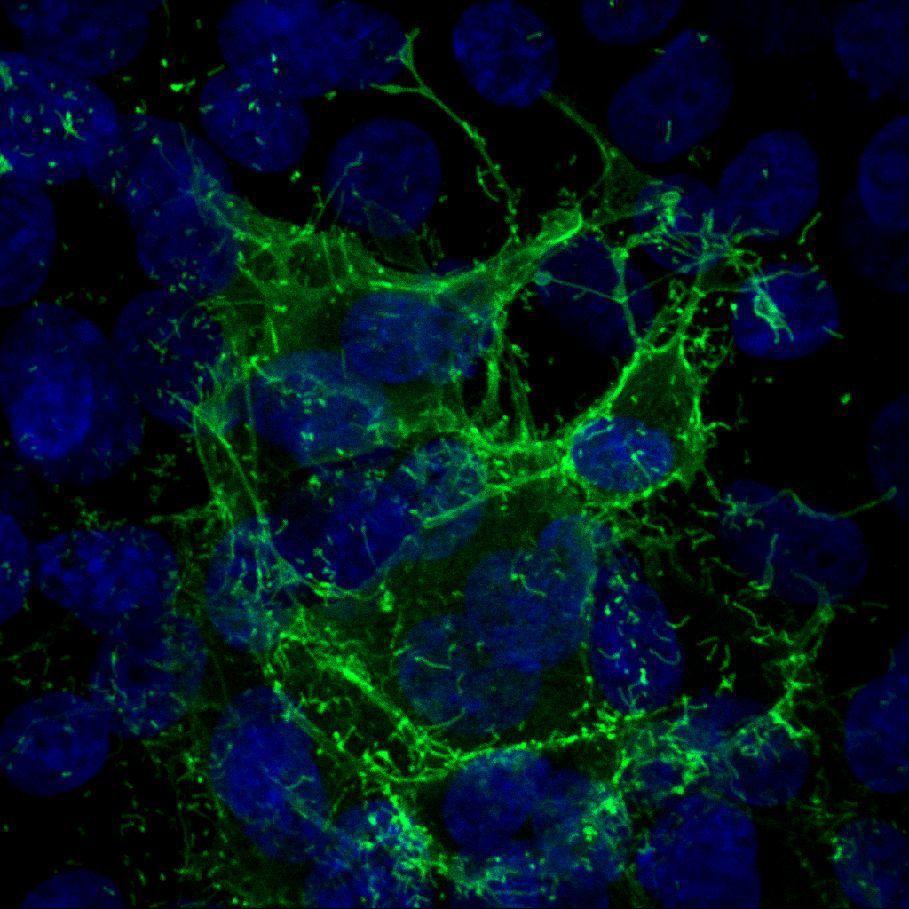25 March 2020
Geneva Researchers Discover Antibody Cocktail for Protection Against Sudan Virus
Infectious Diseases is one of Geneva’s top research areas in terms of funding and number of programs. Geneva’s infectious disease experts are at the forefront of many therapeutic indications that protect warfighter health and global health including the lethal Sudan virus, one of six known species within the genus Ebolavirus, which poses a significant health threat across the globe.
Army Researcher Dr. John M. Dye and Geneva Scientist Dr. Andrew Herbert of the U.S. Army Medical Research Institute of Infectious Diseases (USAMRIID), along with their team comprised of partners from academia and industry, have recently developed the first-ever experimental treatment that protects animals from Sudan virus. Their work is now being considered for Phase 1 clinical studies and was published in February 2020 in the official journal of the National Academy of Sciences.
According to the paper, Sudan virus has caused eight confirmed outbreaks in African countries, resulting in 412 deaths. One of the most recent was in a rural region of Uganda where more than 450 people were infected, with about half dying from Sudan virus.
Dye and Herbert’s research team created an antibody cocktail that both neutralize the virus and prevent it from entering cells. This cocktail, called RIID-F6H2, provides proof of concept for an antibody cocktail for Sudan virus and has the ability to move to advanced development for the consideration of human treatment.
Dr. Andrew Herbert, the paper’s first author and Geneva employee, said in the USAMRIID press release, “Our team is extremely proud that this cocktail of antibodies is now being considered for advancement into phase 1 clinical studies.” He added, “We have the opportunity to make a real impact on global health.”
Co-investigators on the study along with The Geneva Foundation included Albert Einstein College of Medicine, Mapp Biopharmaceutical, Inc., Fraunhofer, and BioFactura.
Read the full press release: https://www.usamriid.army.mil/press_releases/FINAL_SUDV_PR_FEB_2020.pdf
View the research: https://www.pnas.org/content/117/7/3768


